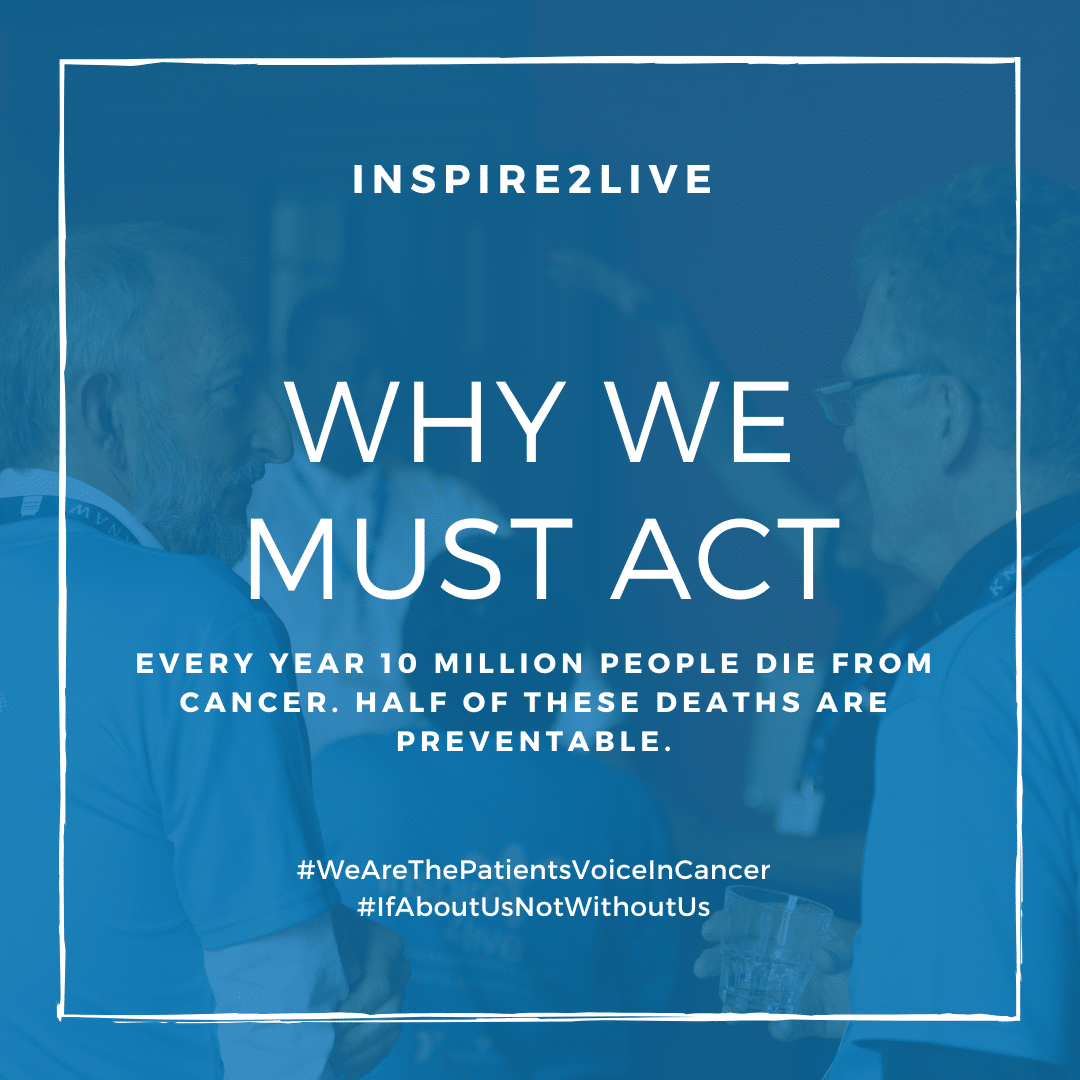In a world torn apart by war and violence, it’s easy to overlook a silent killer claiming far more lives than weapons ever will: cancer. Every year, over 10 million people die from cancer. Astonishingly, half of these deaths are preventable, just like all deaths caused by war.
We all say prevention is our top priority, yet we fail to act like it is. Why? Because there’s no obvious business model. Prevention doesn’t sell. But make no mistake: the moment we discover how to profit from prevention, the system will shift overnight. That alone shows how deeply flawed our priorities are.
We pour billions into developing treatments for late-stage and metastatic cancers, while ignoring early detection, the very thing that could save the most lives and cut healthcare costs drastically. Why? Again, no business model. But if we can find a way to profit from early detection, we’ll do it. The hard fact is that it’s not about saving lives but about market potential. Therefore, to address the inefficiency, we need to work around that.
We design cancer treatments for the wealthy and leave billions of underserved people behind. Even when we sympathize, we do nothing—because the system favours those who can afford $100,000 a year for treatment. The rest are forgotten. This is not medicine. This is market logic gone cruel.
Meanwhile, our approach to palliative care is narrow and Western-centric. We ignore the deeply human, compassionate ways other cultures care for the dying. If we opened ourselves to their wisdom, our own dying—and living—might become more humane.
I’m a man from the Western world with a background in financial economics—a background that has shaped and limited my view. But through Inspire2Live, a global patient advocacy movement rooted in compassion, culture, and collaboration, I’ve learned something vital:
To leave the underserved behind is to abandon your own humanity.
Inaction is not neutral—it’s deadly. Action is what makes us human.
Let’s choose to be human. Let’s act.
Peter Kapitein,
Patient Advocate, Inspire2Live

